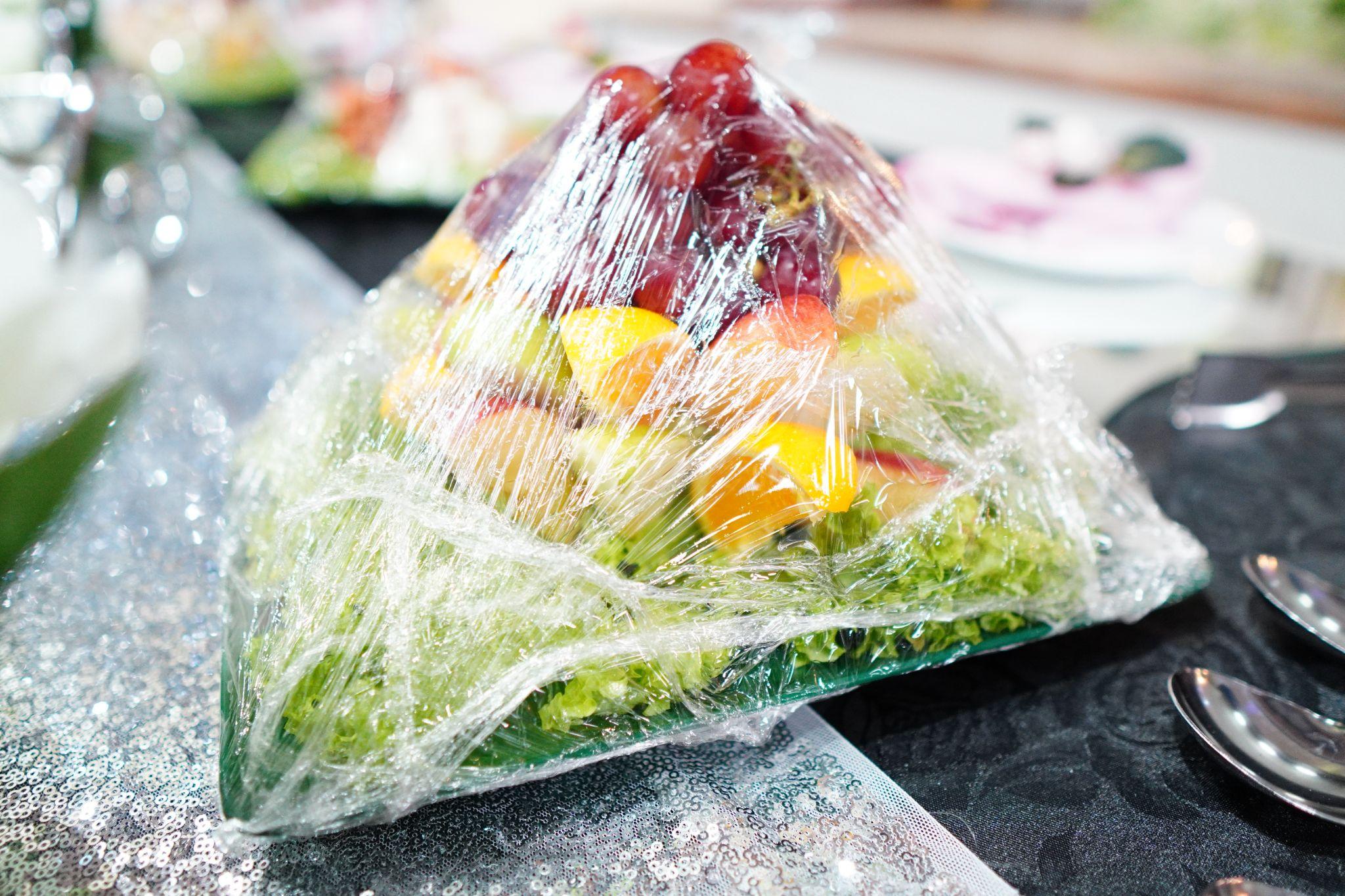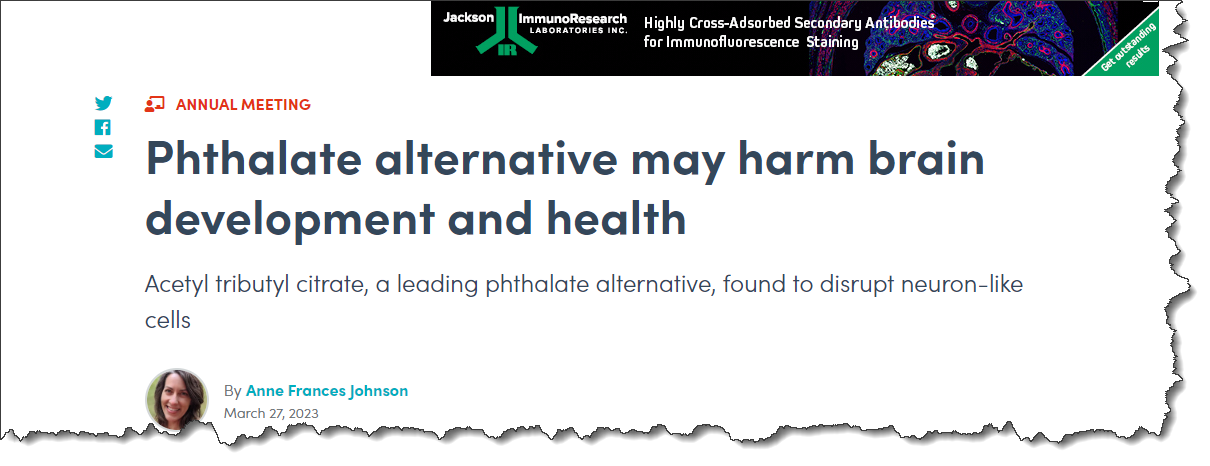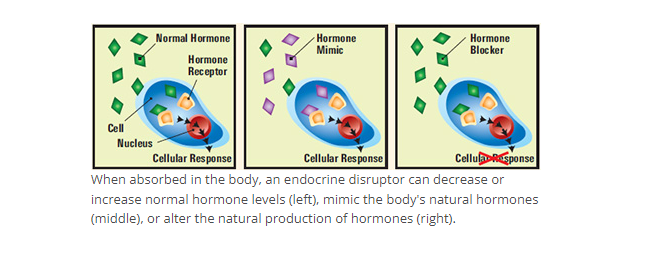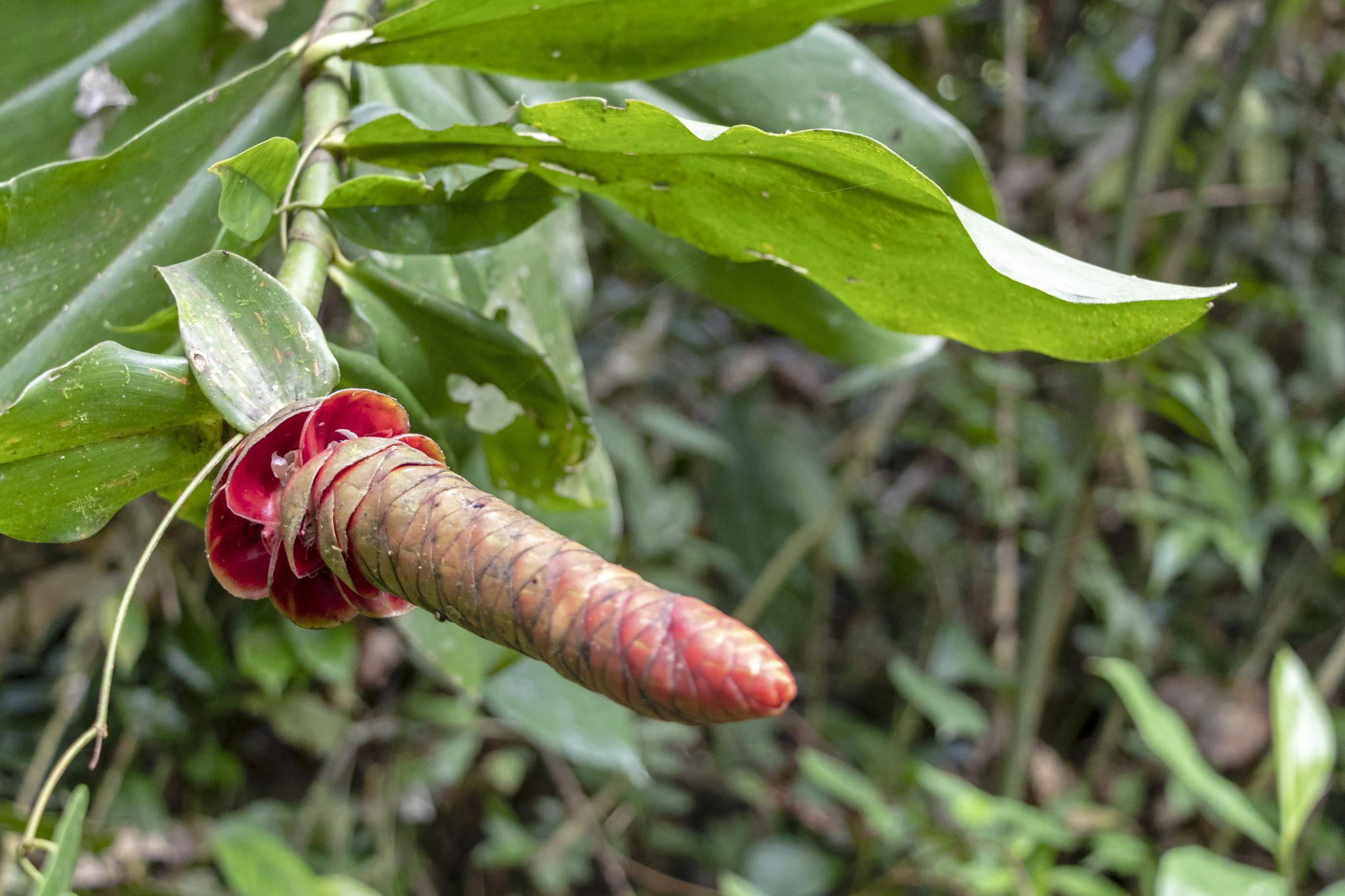It’s just as bad as phthalates
Unsubscribe | Report as spam | Change email preferences
Watch out for ATBC

Matt Cook here, and there are very dangerous chemicals in plastics that we’ve known about for quite a while…
…but they are coming more to the public awareness now.
I’m glad that people are becoming aware of the risk, but there is another danger lurking around the corner.
Unfortunately, when chemicals like phthalates are either banned or start to be replaced by plastic companies…
…they are often replaced by chemicals that are just as bad as the ones they are replacing!

It’s sad, but true.
Companies don’t always have our safety in mind, so it’s important to be aware of the decisions that are being made about products that may be harmful to our health.
Phthalates are known as everywhere chemicals because of how pervasive they are.
They are easy for the body to absorb.
Ingestion, inhalation, skin absorption, and intravenous injection are all potential pathways of exposure. The everpresent use of phthalates as an additive to PVC (polyvinyl chloride) products to make them flexible and to personal care products to make fragrances last longer in the past 50 years has resulted in widespread general population exposure.
Phthalates are widely used in plastics and are found in countless plastic materials on the market.
Phthalates are used in hundreds of products, often to enhance durability or allow materials to bend and stretch. Studies have shown that phthalate exposure can affect the reproductive system and early development in a range of animals
The big problem is that they are well known endocrine disruptors — which can cause major health problems.
Even low doses of endocrine-disrupting chemicals may be unsafe. The body’s normal endocrine functioning involves very small changes in hormone levels, yet we know even these small changes can cause significant developmental and biological effects. This observation leads scientists to think that endocrine-disrupting chemical exposures, even at low amounts, can alter the body’s sensitive systems and lead to health problems.

Because phthalates have been shown to be dangerous, plastic companies are looking for alternatives.
A new study suggests that a chemical commonly used as a replacement for phthalates…
…a group of chemicals known to disrupt the endocrine system…
…may also have harmful effects on the developing brain.
The chemical, called ATBC (acetyl tributyl citrate), is often used in products such as food packaging, children’s toys, and medical devices.
The findings suggest that ATBC could interfere with the ability for glial cells to regenerate, which can reduce their ability to protect neural cells and lead to neurodegeneration and accelerated aging. It is also possible that ATBC exposure during early development — when neurons are actively growing and dividing — could affect neurons directly and interfere with brain development, the researchers said. Since neurons do not typically regrow once damaged, any effects on the brain likely would be permanent.
I don’t want products in my daily life that can negatively affect my neurons and my brain.
Which is why I’m telling you about this research.
It does NO good to get rid of one bad chemical and replace it with another bad chemical.
While ATCB has been marketed as a safer alternative to phthalates, the study’s findings suggest that it may not be as harmless as previously thought.
For now, I think the best thing to do is to keep your plastic exposure — especially plastics in contact with food — to a minimum.
For me that means I don’t drink out of paper coffee cups because they are lined in plastic…
And I never microwave food in plastic or drink out of plastic water bottles.
That helps to limit my risk of being exposed to these hormone altering chemicals.
I can’t eliminate all the risk, but I can eliminate what I’m able to and I’m OK with that.
—-Important Message—-
Here’s the strange jungle juice recipe that gets you bulging down there

In all of my travels, I have never experienced anything like this…
There’s a bare-breasted beauty pointing at a plant…
…and through a translator, she’s telling me how she and her husband do it 10 times.
“Per week?” I ask.
“No,” the translator assured me, “per night.”
And then she’s showing me the jungle juice that she’s giving her husband every night…
———-

